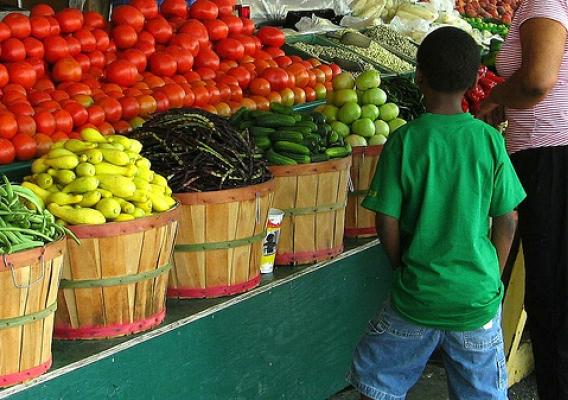During the previous 18 months, a team of USDA multidisciplinary experts reviewed, analyzed, and synthesized almost 1,000 responses from stakeholders about its June 2010 report (PDF, 771 KB) that put forth a roadmap for the United States to produce advanced biofuels. The roadmap report provided a basis for continued conversations about moving forward with producing more domestically grown fuels and reducing our dependence on foreign fossil fuels, improving the environment, and revitalizing rural communities.
Following the roadmap report, USDA held 57 stakeholder workshops in 41 States and Puerto Rico. The workshops succeeded in gathering numerous and helpful comments from farmers, industry groups, biorefinery executives, and academia. Stakeholder comments, as a whole, successfully broadened the view of the roadmap by providing additional information and insights. The majority of comments echoed USDA’s conclusion that this nation has the natural resources to produce enough domestically grown biofuels. The key to success, according to the comments, lies in a few critical areas that include: consistent policy support from the public sector, greater consumer awareness, utilization of a wide variety of feedstocks, sustainable conservation and cropping practices, and more recognition and use of forestry and wood products.






